Sir David Adjaye: Liverpool slavery museum cuts ties with architect
- Published
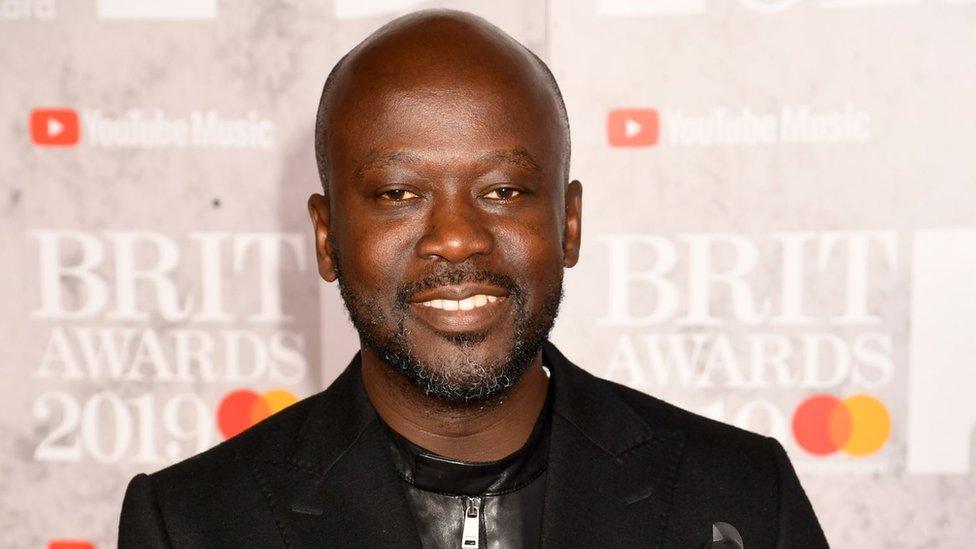
Sir David has previously denied the allegations
Liverpool's International Slavery Museum has cut ties with the company run by Sir David Adjaye but it will still use his design for its redevelopment.
Adjaye Associates had led the architectural design of the museum's £57m plans.
It follows reports in the Financial Times, external (FT) three women had accused Sir David of sexual assault and harassment.
He has previously denied the allegations.
Three women, all previously employed by Sir David, have accused him of different forms of "exploitation", the FT said, and have claimed their dealings with him had disrupted their careers and caused serious mental distress.
Earlier this year he admitted he had "entered into relationships which though entirely consensual, blurred the boundaries between my professional and personal lives," adding, "I am deeply sorry".
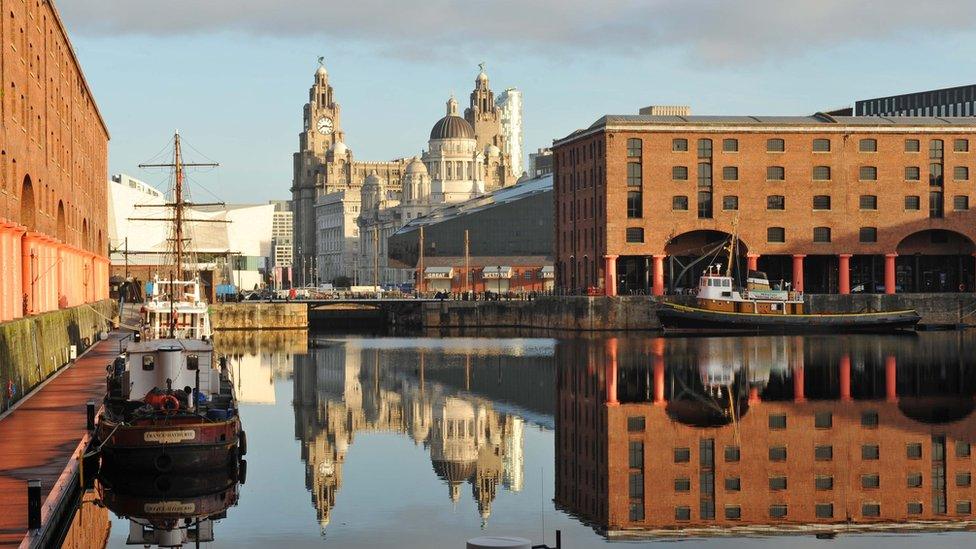
The International Slavery Museum, at Liverpool's Albert Dock, is undergoing a £57m redevelopment
In July it was announced the 56-year-old would no longer be working on the UK's Holocaust memorial or advising London's mayor.
The Ghanaian-British architect has previously designed landmark buildings ranging from the National Museum of African American History and Culture, in Washington DC, to the Nobel Peace Centre, in Oslo.
National Museums Liverpool confirmed in a statement it had terminated its contract with Adjaye Associates (AA). The museum will continue to use Sir David's design.
"We would like to thank the AA team who have worked hard to bring the International Slavery Museum and Maritime Museum transformation project, to a developed design stage," the statement said.
"We remain committed to the project as we continue to build on the momentum already established and intend to start an accelerated tender procurement for new architects in the coming weeks."
Adjaye Associates declined to comment.

Why not follow BBC North West on Facebook, external, Twitter, external and Instagram, external? You can also send story ideas to northwest.newsonline@bbc.co.uk, external
Related topics
- Published5 July 2023
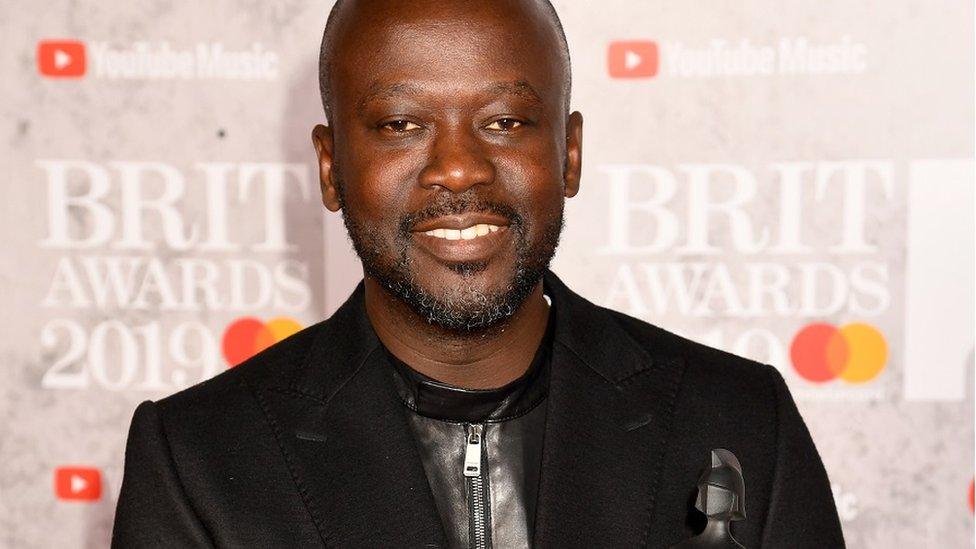
- Published26 January 2023
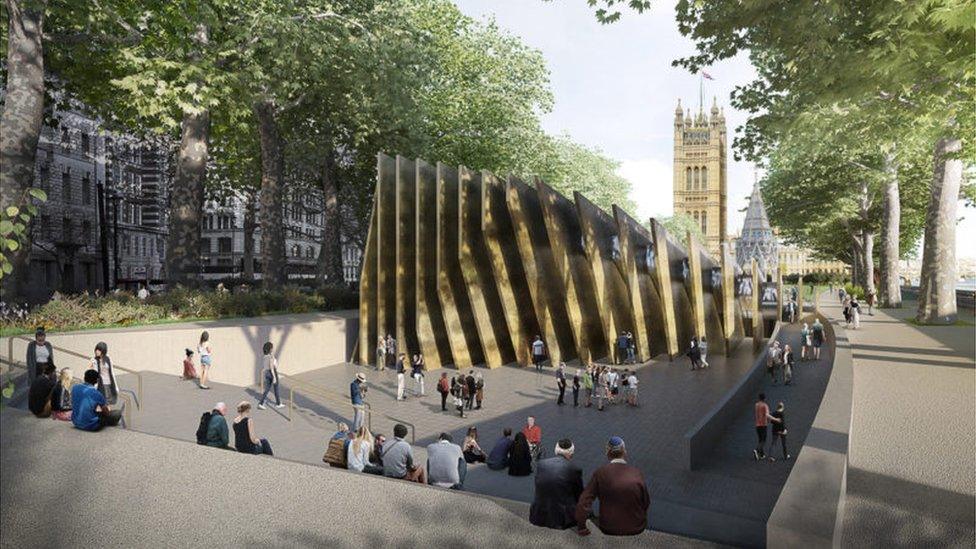
- Published11 November 2022

- Published2 February 2019
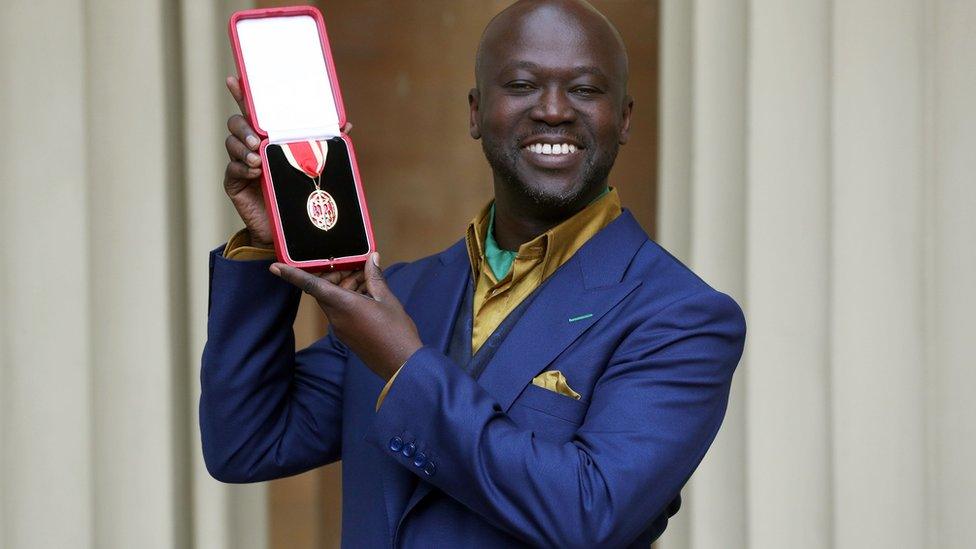
- Published25 October 2017
